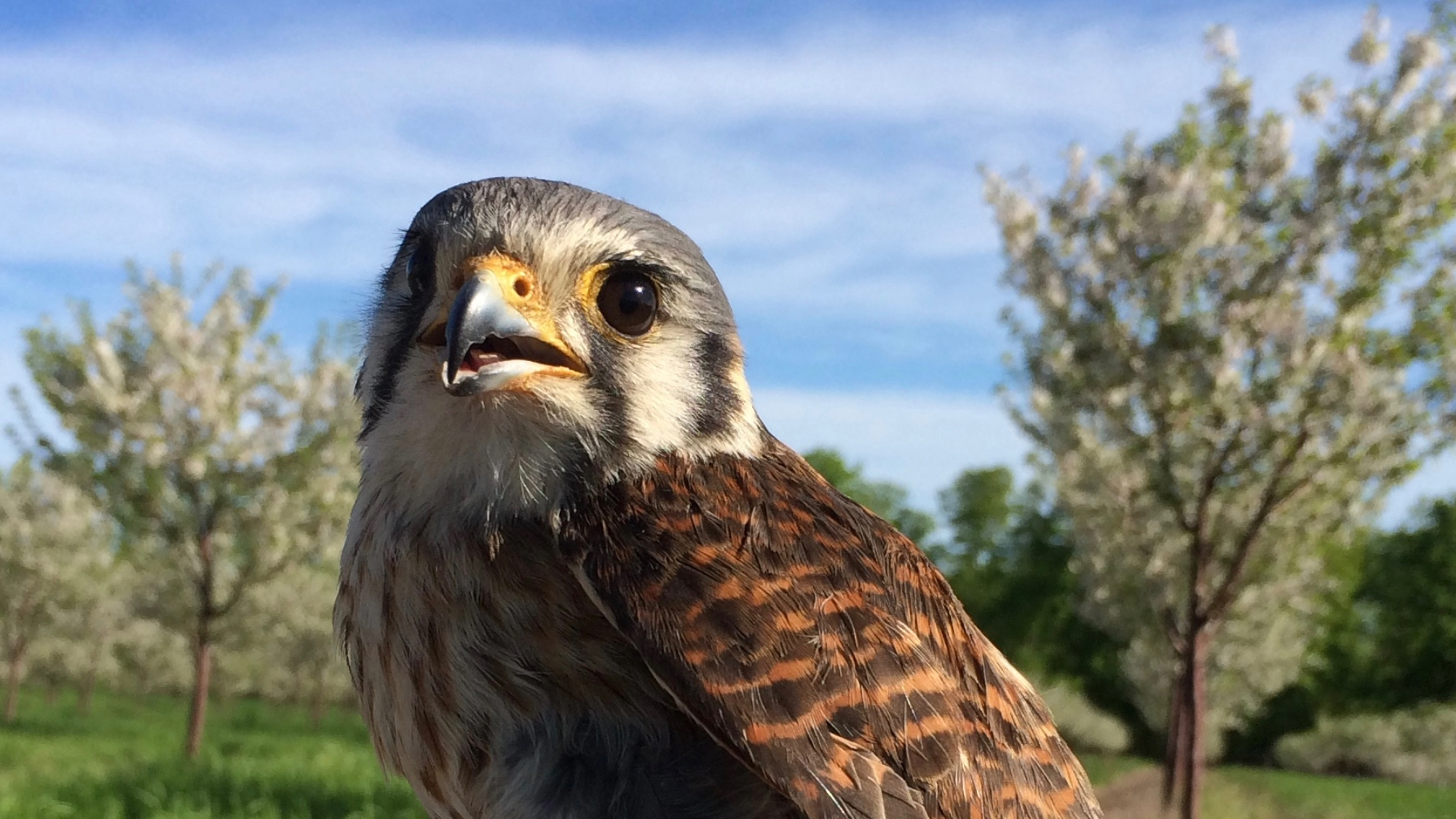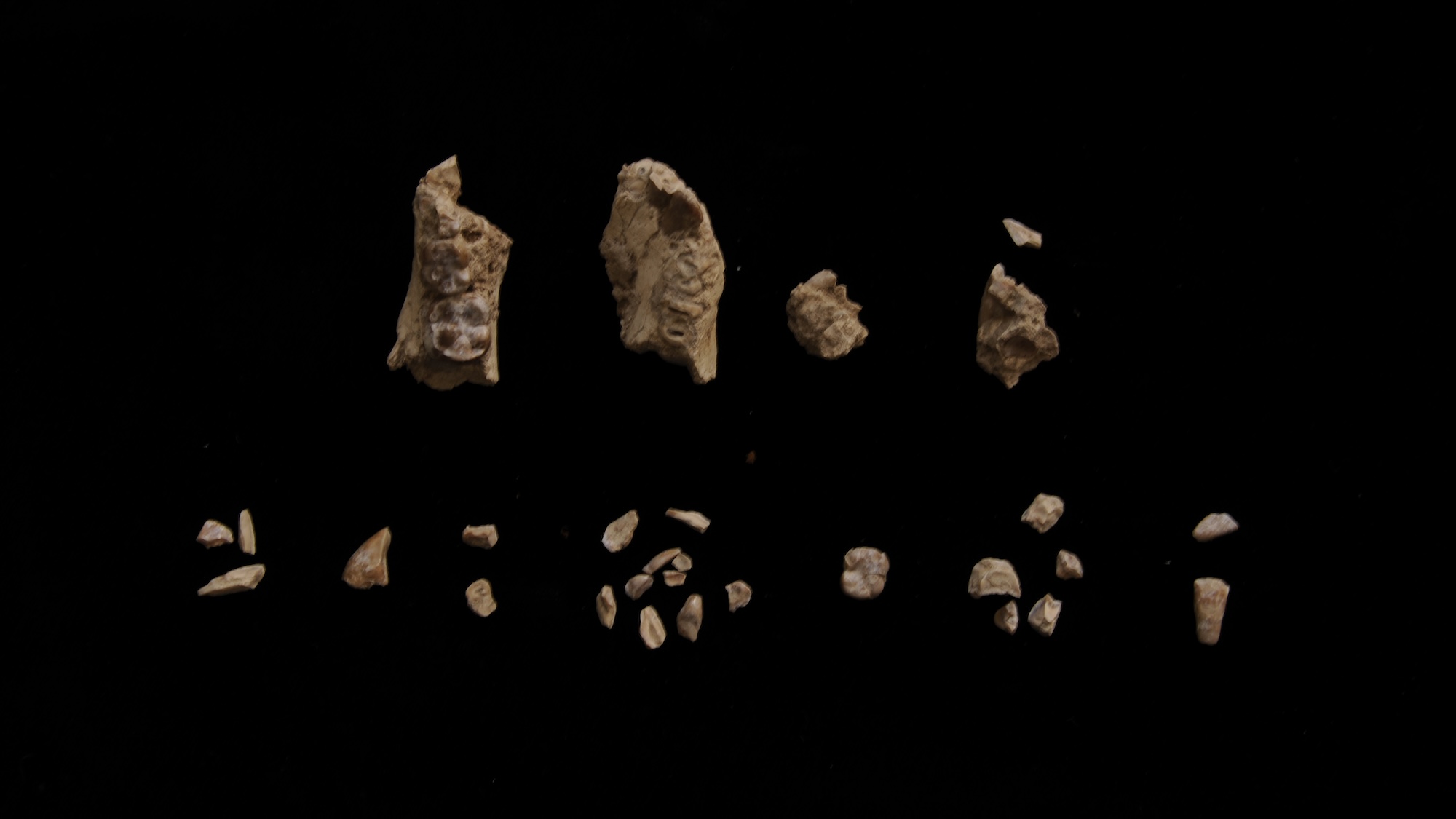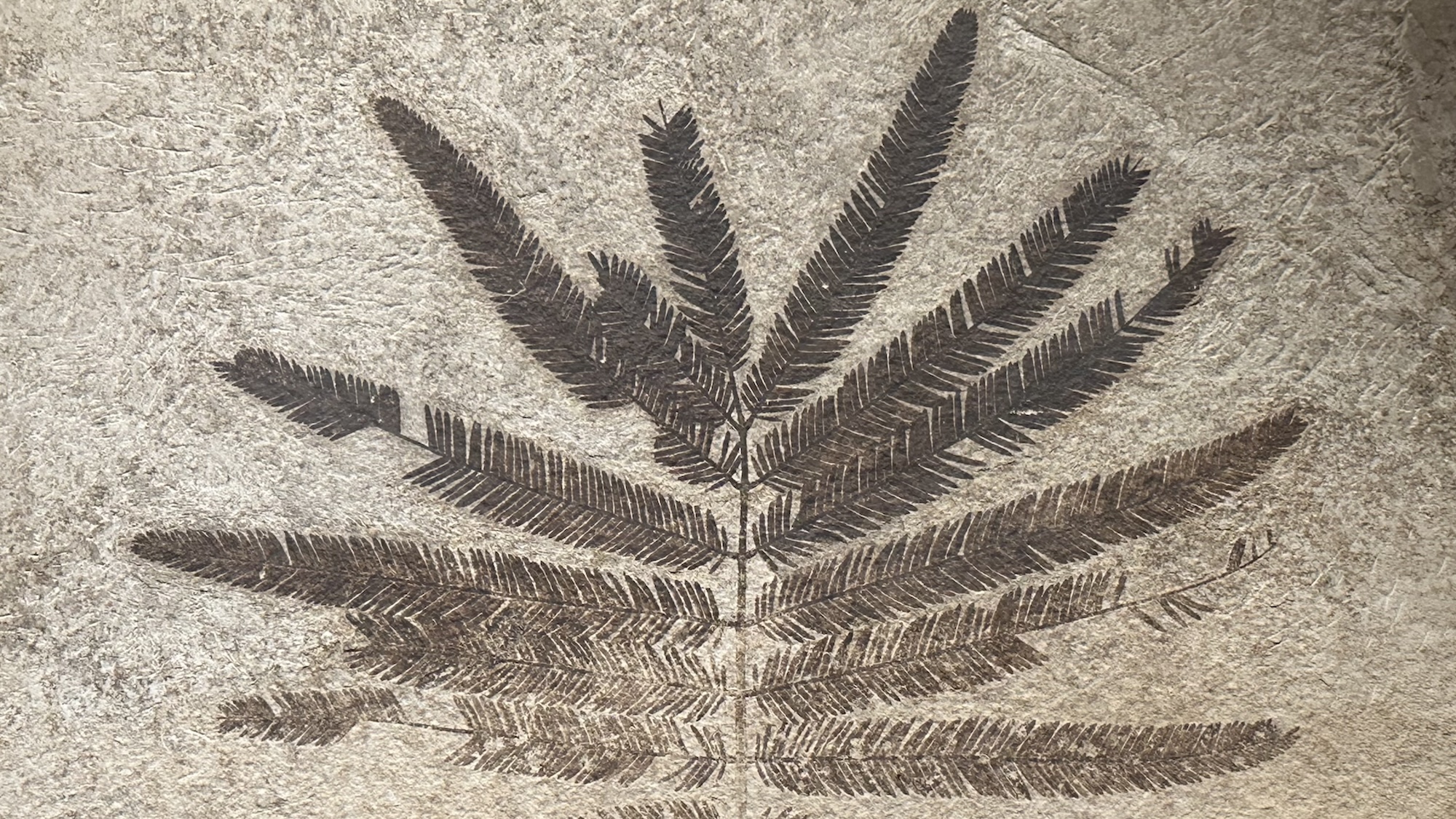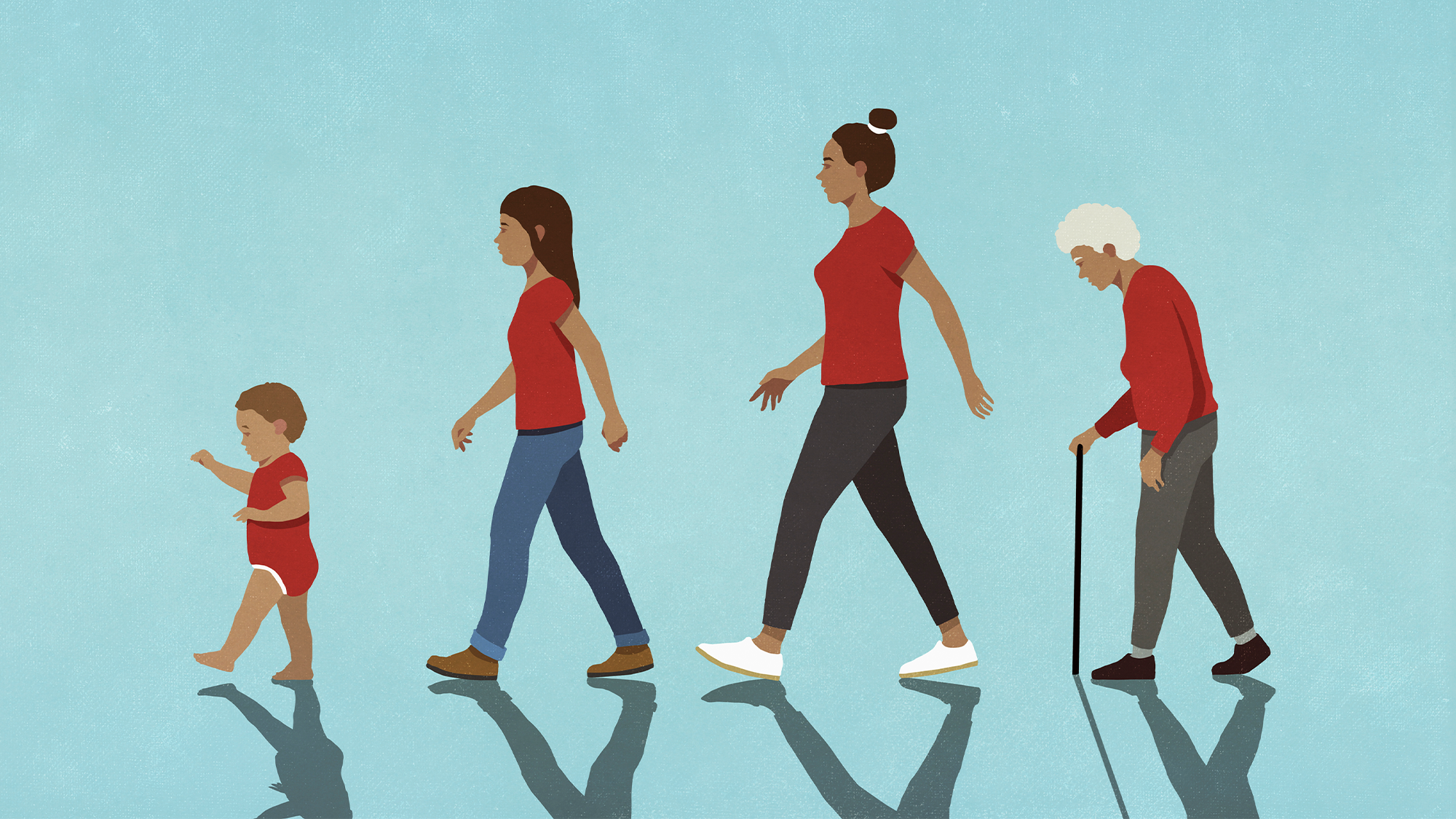Falcons help keep bird poop off your delicious cherries
PositiveScience

- American kestrels, the smallest falcons, play a crucial role in protecting cherry crops by deterring other birds that may leave droppings on the fruit. Their presence helps maintain the quality of cherries, which is vital for growers and consumers alike.
- This development is significant for cherry producers, as it highlights the importance of natural pest control methods. By utilizing these small falcons, farmers can reduce reliance on chemical deterrents, promoting a more sustainable approach to agriculture while ensuring the health of their crops.
- The interaction between birds and agricultural practices underscores a broader ecological theme, where understanding animal behavior can lead to innovative solutions in farming. This reflects a growing interest in the role of wildlife in pest management, similar to how domestic cats are recognized for their effectiveness in controlling insect populations.
— via World Pulse Now AI Editorial System






